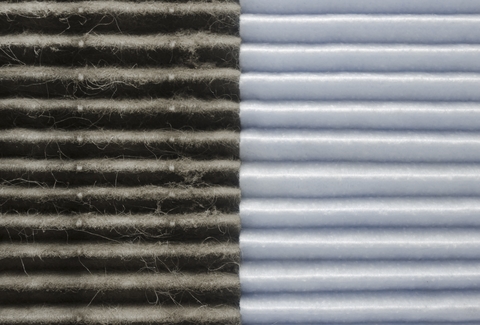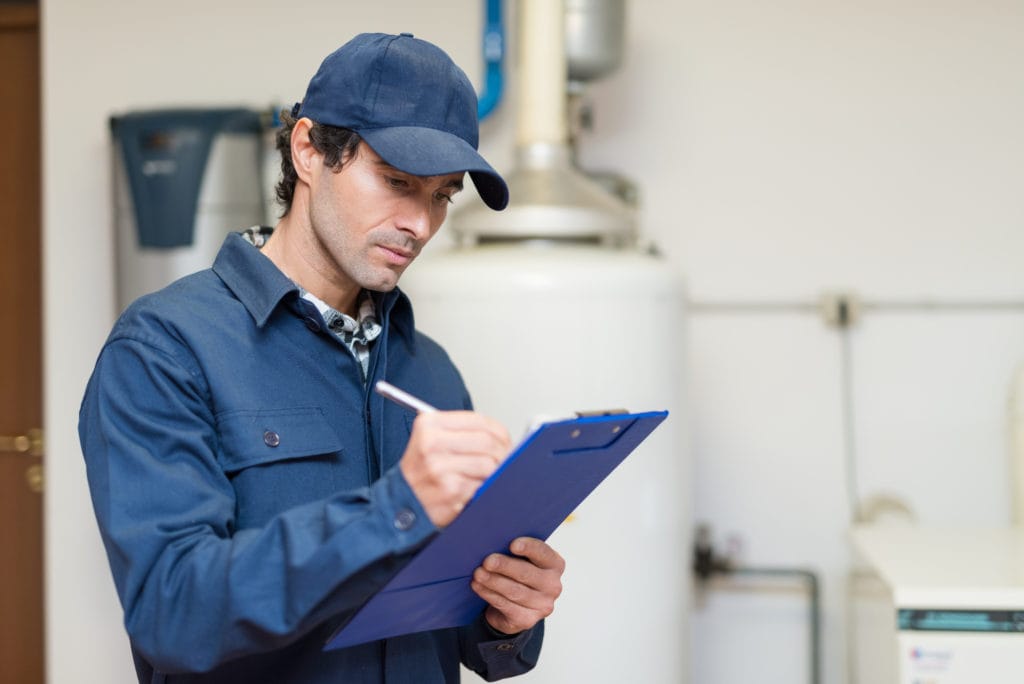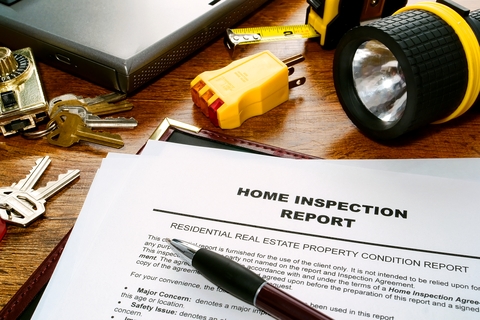How To Prepare Your HVAC System When Selling Your Home

There’s more to selling your house than making sure the kitchen and bathrooms look great. Sure, those are usually the first things a potential buyer notices. But, there’s more to consider, especially as you get further into the process.
You want your HVAC system in great shape when you sell your home. That way, your home is warm (or cool!) when people are looking at it. Then, you don’t want any surprises on your inspection that could make a deal fall apart.
In this article, we’ll tell you how to prepare your HVAC system when you’re selling your home. Then, we’ll talk about how prospective buyers will get more information about it.
Three Quick Ways To Prepare Your HVAC System When Your House Is On The Market
Don’t forget about your HVAC system when you’re getting your house ready to sell! Here are four quick ways to prepare a heating and cooling system:
- Change The Filter
- Make Sure Your Vents Are Clear
- Get a Tune-up
- Make Sure You Have Carbon Monoxide And Smoke Detectors
Change the Filter
An easy first step is changing the air filter before the first showing. Doing this improves your air circulation, especially if the old one is clogged.
And, leaving an old one in there can show up on an inspection — more on that a little later.
Make Sure Your Vents Are Clear
Here’s an easy way to improve the air circulation in your home, especially if you’re selling in the winter or summer.
You want your home to feel comfortable while it’s showing. But, blocking the vents prevents your heater or AC from doing its job right. If you’re already moving furniture, make sure nothing ends up within a foot of any vent.
Get A Tune-Up
Make sure the system is in great shape when your house goes up. Doing so will look good on the inspection. And, you’ll head off any surprise problems while you’re trying to seal the deal.
When you get a tune-up, a certified tech cleans out the system, runs diagnostics, and replaces any broken or about to break parts. This way, you’re confident it will work through the season. And, if there are any problems, you have time to think about how to handle them.
Make Sure You Have Carbon Monoxide And Smoke Detectors
A home inspector checks that each floor of your house has working carbon monoxide and smoke detectors. If you don’t have them, that’s one more repair a potential buyer can ask of you.
It’s a real easy fix and gives you a little more leverage later in the process.
HVAC Questions On The Sellers Disclosure
You’ll fill out a seller’s disclosure when putting up your house for sale. The questions about your HVAC system include:
- Type of heating system
- The age of the system
- When it was last serviced
- Any areas of your home not heated or cooled
- Any above- or below-ground storage tanks
There are some other questions, of course, but there are the main heating and cooling ones. And, for the most part, it’s all pretty straightforward.
However, you should consider the age of your system at this point. If your system is more than ten years old, a savvy buyer might take notice that it may not be in great condition.
It’s usually not advisable to replace the furnace or central air if it’s still working, even if they’re getting old. You won’t be able to raise your asking price by enough to match what you laid out for even the cheapest builder-grade model.
In this case, your best bet is to get it in the best shape possible. Doing so will make you feel more confident and will cause fewer problems when it comes time for a home inspection.
What To Expect At Home Inspection
Your HVAC system will be put to the test — literally — during a home inspection. The inspector won’t be a certified HVAC tech, and the assessment is mostly visual. But, even this cursory process can turn up problems.
The inspector notes the age of your heater, boiler, and central air condenser. They also list each one’s expected lifespans and advise if the buyer should be concerned about the age.
Then there’s the visual inspection: Any signs of holes or tears in the ductwork or physical damage.
The inspector also tests the air conditioner or heating system if they can. This part of the inspection is limited by the time of the year: They can’t try running the AC if it’s colder than 65 degrees outside, nor can they turn on the heater if it’s too warm.
But, let’s say it’s cool enough outside to check the heater. The inspector turns on the system and raises the temperature by a few degrees.
They’ll run it to make sure it turns on and that you have good air circulation. They’ll also note if it short-cycles, or turns on and off over and over again.
The inspection isn’t invasive: The inspector won’t take anything apart or run a carbon monoxide test. But, they will do everything they can visually, even down to checking the size of your air filter.
Heating And Cooling Services In Ventnor, NJ
Giving a little thought to your HVAC system will bring you peace of mind as you begin the often stressful process of selling your home. Broadley’s can help make things easier! Call or email us today for heating and cooling services in Ventnor, NJ, or any South Jersey town. We’ll help you make sure your system is in great shape so you can concentrate on everything else.



